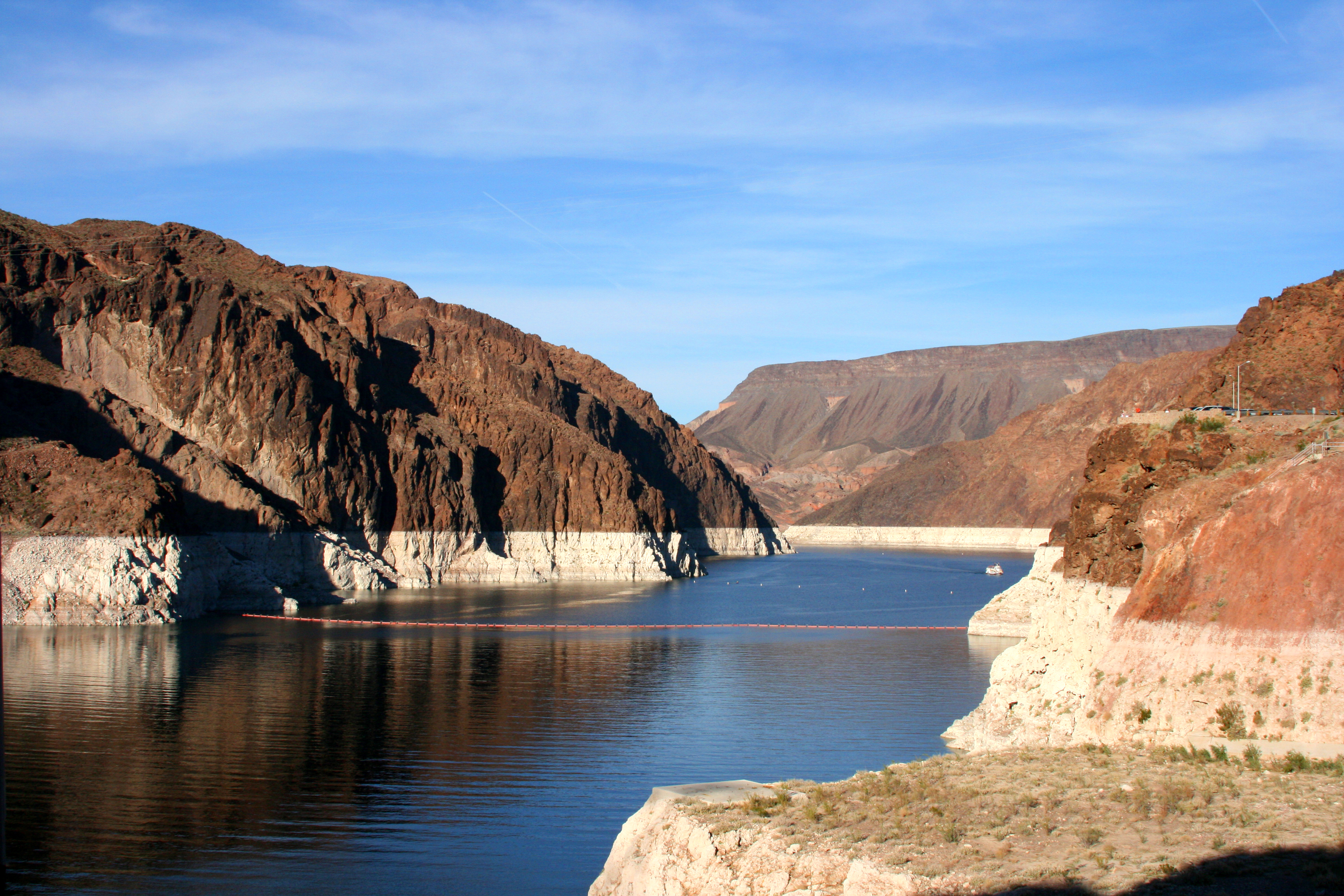This is the first episode of a series where we hear about recent research presented at the American Astronomical Society (AAS) January 2024 meeting.

Magnetic Braking in Old Stars (starts at 3:13) Dr. Travis Metcalfe from the White Dwarf Research Corporation talks about studies of one particular star, 51 Peg, that has gone through magnetic braking. He discussed how studying magnetic fields around similarly middle-aged and older stars not oly can help us in our search for life on other planets, but also provide a clue of what might have impacted the evolution of life here on Earth.
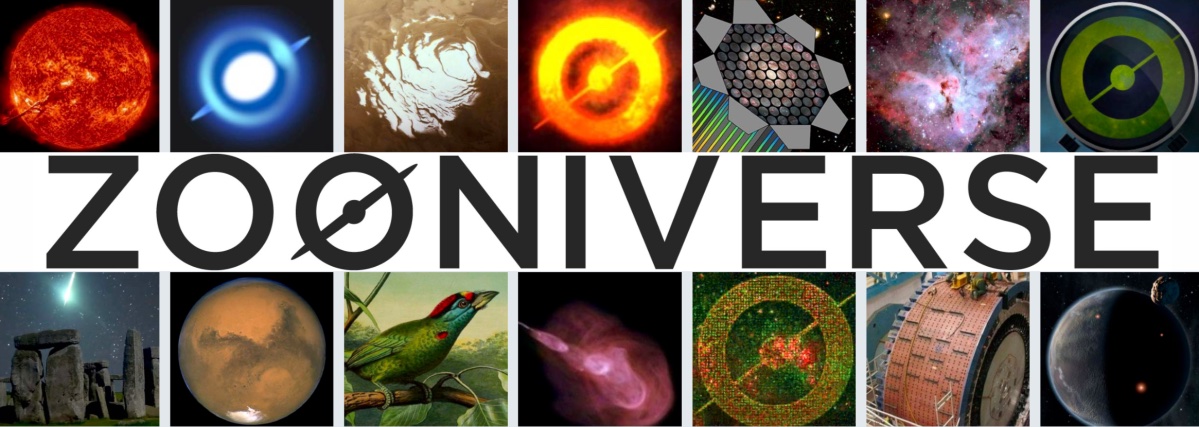 Citizen Science with Zooniverse (starts at 13:21) Dr. Laura Trouille from the Adler Planetarium is the Principal Investigator of the Zooniverse project. She explains how “citizen science” works, which crowd-sources science research in a wide range of projects not only in astronomy, but topics ranging from biology and physics to arts and literature.
Citizen Science with Zooniverse (starts at 13:21) Dr. Laura Trouille from the Adler Planetarium is the Principal Investigator of the Zooniverse project. She explains how “citizen science” works, which crowd-sources science research in a wide range of projects not only in astronomy, but topics ranging from biology and physics to arts and literature.
Executive Producer: Joel Parker
Show Producer and Host: Joel Parker
Listen to the show:
Podcast: Play in new window | Download (Duration: 27:15 — 37.4MB)
Subscribe: RSS



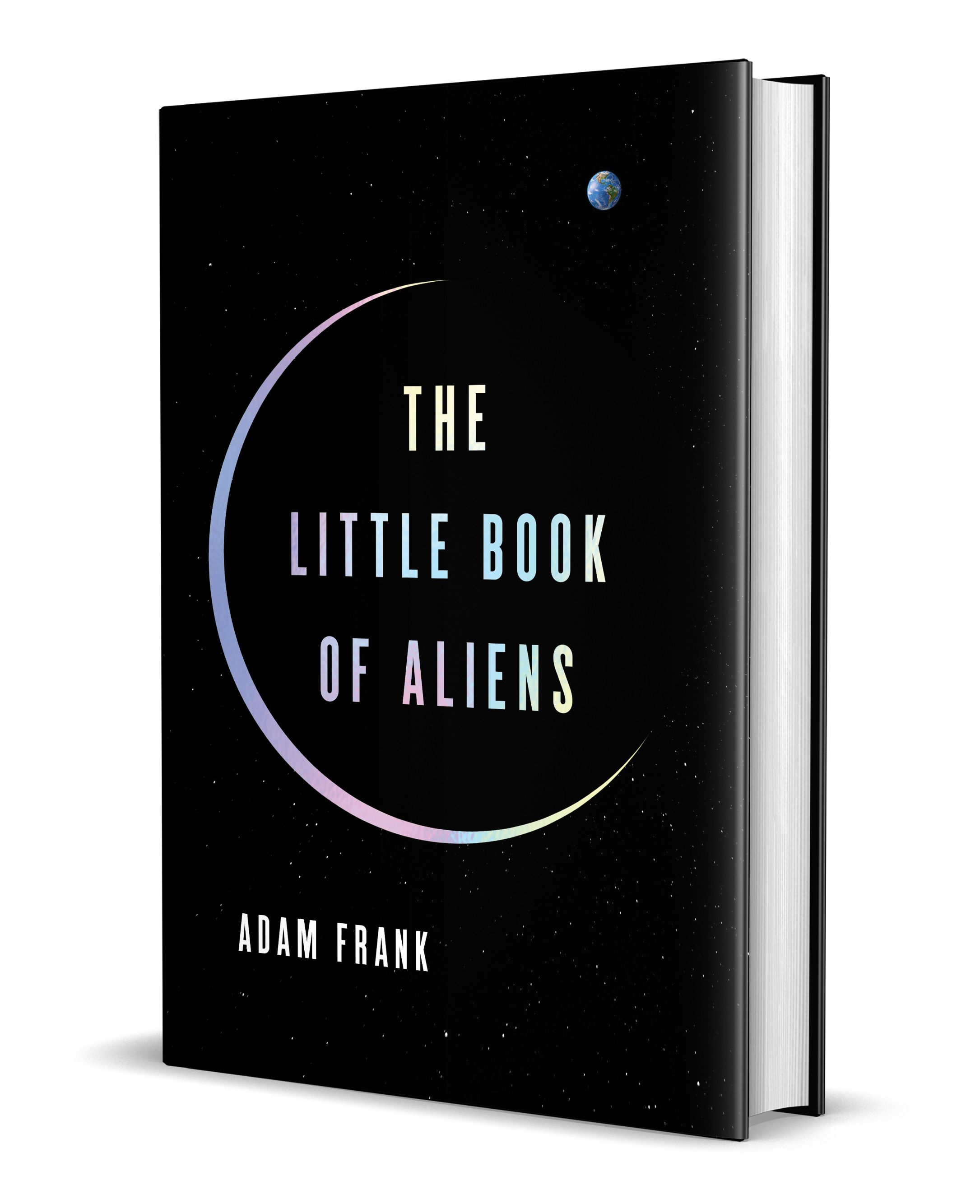 In this Halloween episode, we talk with
In this Halloween episode, we talk with 

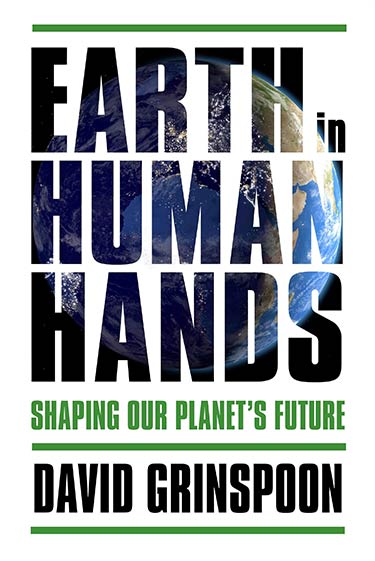

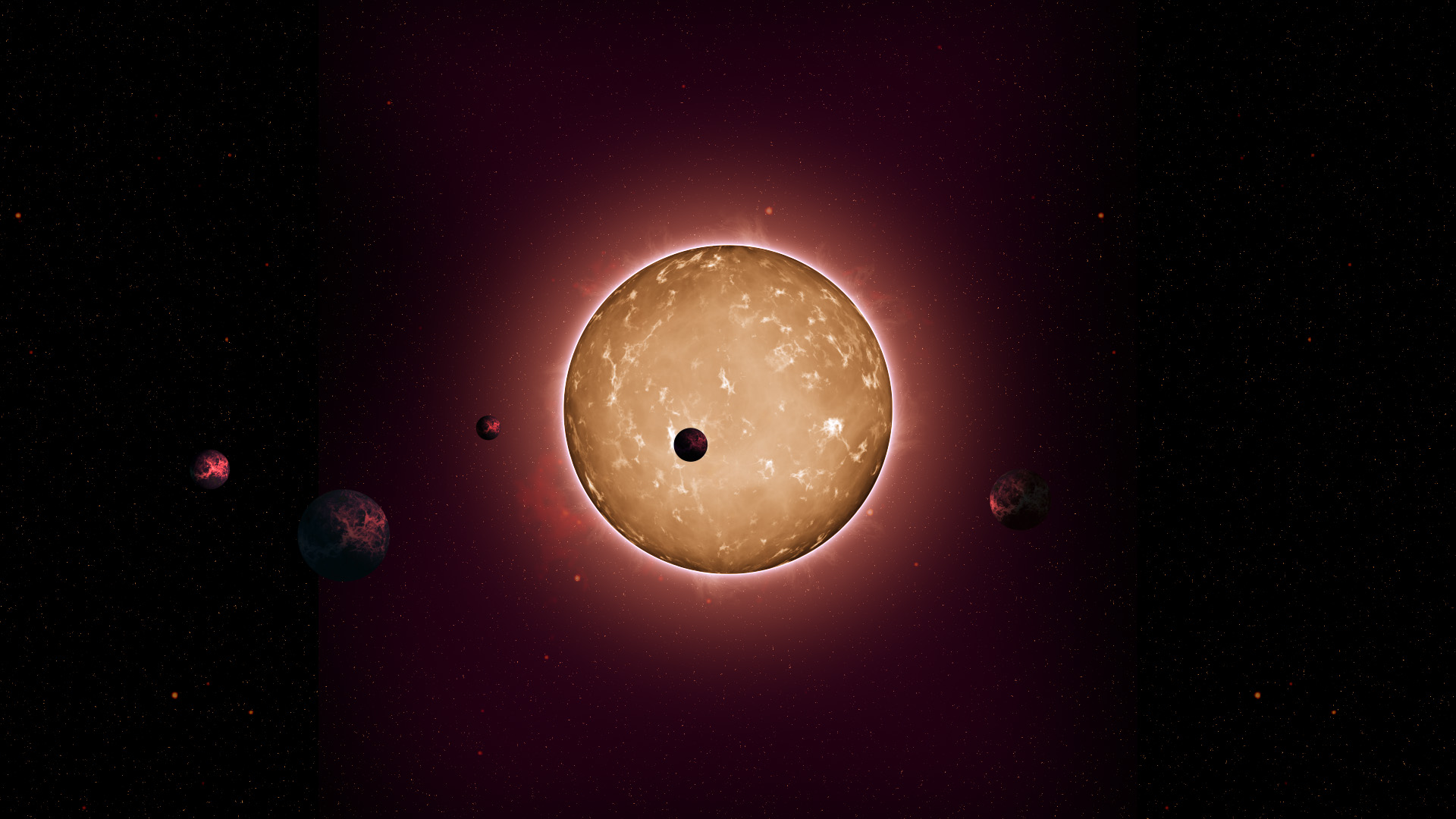
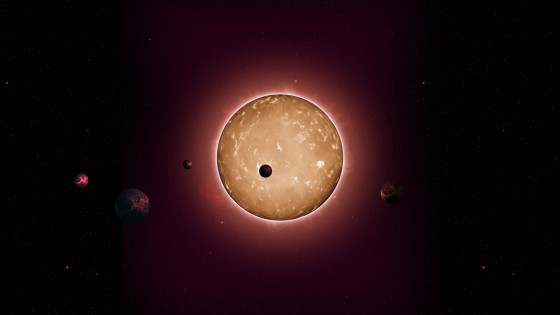
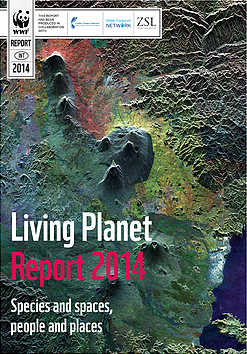
 Living Planet Report (starts at 5:50): The environmental organization World Wildlife Fund just released its science-based biennial
Living Planet Report (starts at 5:50): The environmental organization World Wildlife Fund just released its science-based biennial 